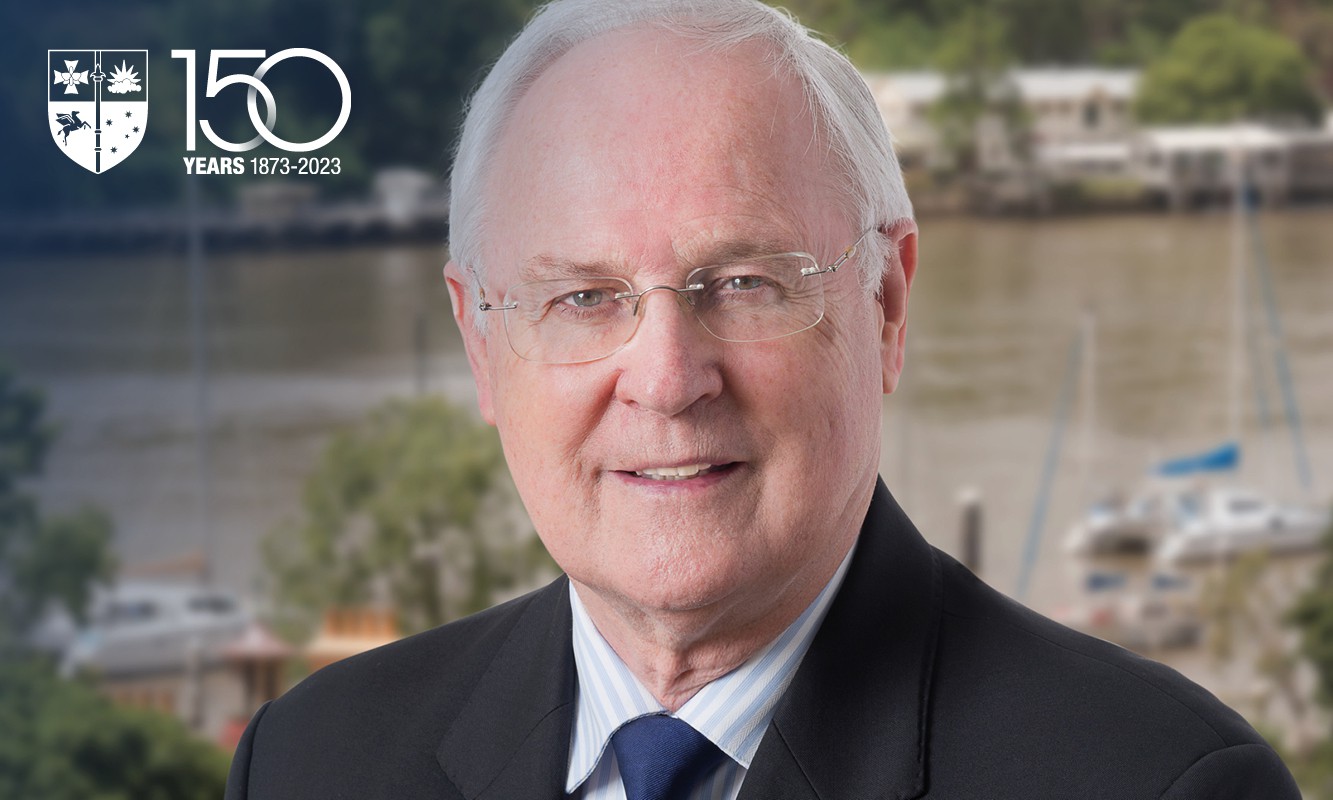“Any fool can know. The point is to understand.”
– Albert Einstein (1879-1955)
Minnie Blanche Condon died on 3 December 2016 aged 86, leaving a will dated 22 November 2016 (the will).
The executors, Bruce Phillips and Robyn Price, sought a grant of probate of the will. The grant was opposed by the testator’s nephew, Andrew Battenberg, on several grounds.
On appeal, he argued that:
“the primary judge:
- erred in finding that the Executors had discharged the onus of proving that the Testatrix knew and approved the contents of 2016 Will; and
- ought to have held that on the totality of the evidence the Executors had not proved that the Testatrix knew and approved the contents of the 2016 Will.”1
What makes this particular challenge interesting was Mr Battenberg’s focus on the method of knowledge and approval. He submitted that the evidence did not support the contention that the testator read aloud the will, ergo she could not have had knowledge and approval of its contents.2
The solicitor attended at the home of the testator to take instructions for a will. After the instructions were taken, he further attended on her to have the final will executed. Present at that meeting was an executor and beneficiary of the will, Mrs Price. This fact gave rise to suspicious circumstances.
At the first meeting, the solicitor’s evidence was that the testator stated to him that she wanted to change her will. She presented to the solicitor a copy of a prior will with alterations appearing on the copy. On taking instructions for the new will, the solicitor made various notations to the copy. Part of the challenge centred on the alterations made to the prior will by the testator not aligning with the final will. On that point the solicitor’s evidence as to the instructions given was accepted by the court.3
On attending the testator to execute the will, the solicitor’s evidence was that the testator “read every single line of the proposed will out loud”.4
In the process of reviewing the will she made a couple of alterations (including correction of spelling errors). Another was that she ruled through a clause gifting $50,000 to the appellant, Mr Battenberg, writing “no gift”, and noted in the margin “Delete”.5 The solicitor’s evidence was that the testator said: “That’s a relief. I’m glad that [the Appellant] isn’t in the [w]ill anymore.”6
Mr Battenberg pressed his claim on the basis that the evidence of the co-witness and Mrs Price did not wholly align with the solicitor’s evidence. He pointed to the fact that the second witness to the will did not make any mention in her affidavit of the testator having read out aloud the will.7
He further pointed to the evidence of Mrs Price, where in her affidavit she deposed the Testator altered the spelling of a name in the will but made no other alteration, although she also deposed that the Testator read the will.8
In giving evidence in the matter at first instance, under cross examination the solicitor was asked a number of questions around the circumstances of the testator reading the will, the manner in which she read the will, her tone of voice and whether she understood the will.9
While conveying that she read out the will, he commented that he couldn’t replicate the way in which she voiced the words. The appellant relied on that exchange to submit that some doubt ought to attach the solicitor’s evidence.10
The court of appeal found that the appellant’s submission was “misconceived”,11 as it was not apparent in the questioning as to whether the cross examiner was asking him to mimic the voice of the testator in answering the question. The court further found that “[a]nother factor that firmly supports the conclusion by the primary judge that the Testatrix knew and approved of the contents of the 2016 Will is the evidence as to her attitude towards the Appellant”.12 She did not want the appellant in her will.
The “most pressing problem or desire on 22 November 2016 was to exclude the Appellant from her will”.13 The attitude of the testator towards the appellant and her desire and reason for changing her will to give effect to excluding him, was supported by third-party evidence.14
In finding against the appellant, the Court of Appeal said:
“Where due attestation of a will is proven, there is a presumption of knowledge and approval, on the part of the testator or testatrix, of the contents of the will at the time of execution. However, that presumption may be displaced by circumstances that relate to the preparation or execution of the will or its intrinsic terms, which create a well-grounded suspicion or doubt as to whether the will expressed the mind of the testator or testatrix. Once the presumption is displaced, the proponent of the will must approve affirmatively that the testator or testatrix knew and approved of the contents of the will.15
“In assessing whether the Testatrix knew and approved of the contents of the 2016 Will, it is significant that she observed that there was no gift to the Appellant. The 2016 Will contained 16 legacies of varying amounts and it is clear that the Testatrix read and comprehended that detail. There is no reason to doubt that she also understood the final gift in cl 3 as comprising the remainder of her estate to the Executors equally as tenants-in-common.”16
As to the submission that the solicitor made no statement in his evidence in chief explaining the meaning of the rest and residue clause to the testator, the court said that he did give “oral evidence that he explained what residue meant and his evidence-in-chief that the Testatrix told him that she wanted the residue to be split equally between the Executors was not challenged in cross-examination”.17
The Court of Appeal further noted: “The primary judge observed that where a will has been read by or to a Testator, the presumption that the testator knew and approved of the will is a very strong one and can be rebutted only by the clearest evidence. Her Honour considered that the matters relied upon by the Appellant could not, in her view, be described as clear rebuttal evidence.”18
The court affirmed that “[t]he evidence before the primary judge clearly justified a firm conclusion that the Testatrix knew and approved of the contents of the 2016 Will”.19 Accordingly, Mr Battenberg’s appeal was dismissed with costs.20
Take-aways:
Suspicious circumstances – knowledge and approval:
- “If suspicious circumstances attend the execution of a will, those propounding that will must establish positively that the testator or testatrix knew and approved the content of the will.”21
- “[W]here a will has been read by or to a Testator, the presumption that the testator knew and approved of the will is a very strong one and can be rebutted only by the clearest evidence.”22
- “The most satisfactory evidence of actual knowledge of the…Will” is when instructions for the will have been provided by the testator, and the will is read over to or by the testator prior to execution.23
Attending to execution of a will:
In Ryan v Dalton; Estate of Ryan [2017] NSWSC,24 the court identified for solicitors the ‘starting point’ requirements in attending to a will execution, including:
- “The client should always be interviewed alone. If an interpreter is required, ideally the interpreter should not be a family member or proposed beneficiary.
- “A solicitor should always consider capacity and the possibility of undue influence, if only to dismiss it in most cases.
- “In all cases instructions should be sought by non-leading questions such as: Who are your family members? What are your assets? To whom do you want to leave your assets? Why have you chosen to do it that way? The questions and answers should be carefully recorded in a file note.
- “In case of anyone:
- over 70;
- being cared for by someone;
- who resides in a nursing home or similar facility; or
- about whom for any other reason the solicitor might have concern about capacity,
the solicitor should ask the client and their carer or a care manager in the home or facility whether there is any reason to be concerned about capacity including as a result of any diagnosis, behaviour, medication or the like. Again, full file notes should be kept recording the information which the solicitor obtained, and from whom, in answer to such inquiries.”[25]
Christine Smyth is a former President of Queensland Law Society, a QLS Accredited Specialist (succession law) – Qld, a QLS Senior Counsellor and Consultant at Robbins Watson Solicitors. She is an executive committee member of the Law Council Australia – Legal Practice Section, Court Appointed Estate Account Assessor, and member of the Proctor Editorial Committee, STEP and Deputy Chair of the STEP Mental Capacity SIG Committee.
Footnotes
1 At [6].
2 At [3].
3 At [7]-[13].
4 At [15].
5 Ibid.
6 Ibid.
7 At [17].
8 At [18]-[19].
9 At [20]-[21].
10 At [23].
11 At [24].
12 Ibid.
13 At [25].
14 At [26]-[27].
15 At [28].
16 At [29].
17 At [30].
18 At [32].
19 At [33].
20 At [34].
21 At [4] citing Tobin v Ezekiel (2012) 83 NSWLR 757; [2012] NSWCA 285 at [46] (Meagher JA; Basten and Campbell JJA agreeing).
22 At [32] citing Re Fenwick [1972] VR 646 at 651.
23 Tobin v Ezekiel (2012) 83 NSWLR 757; [2012] NSWCA 285 at [47] (Meagher JA, Basten and Campbell JJA agreeing).
24 See the Queensland Law Society note summarising this decision.













Share this article